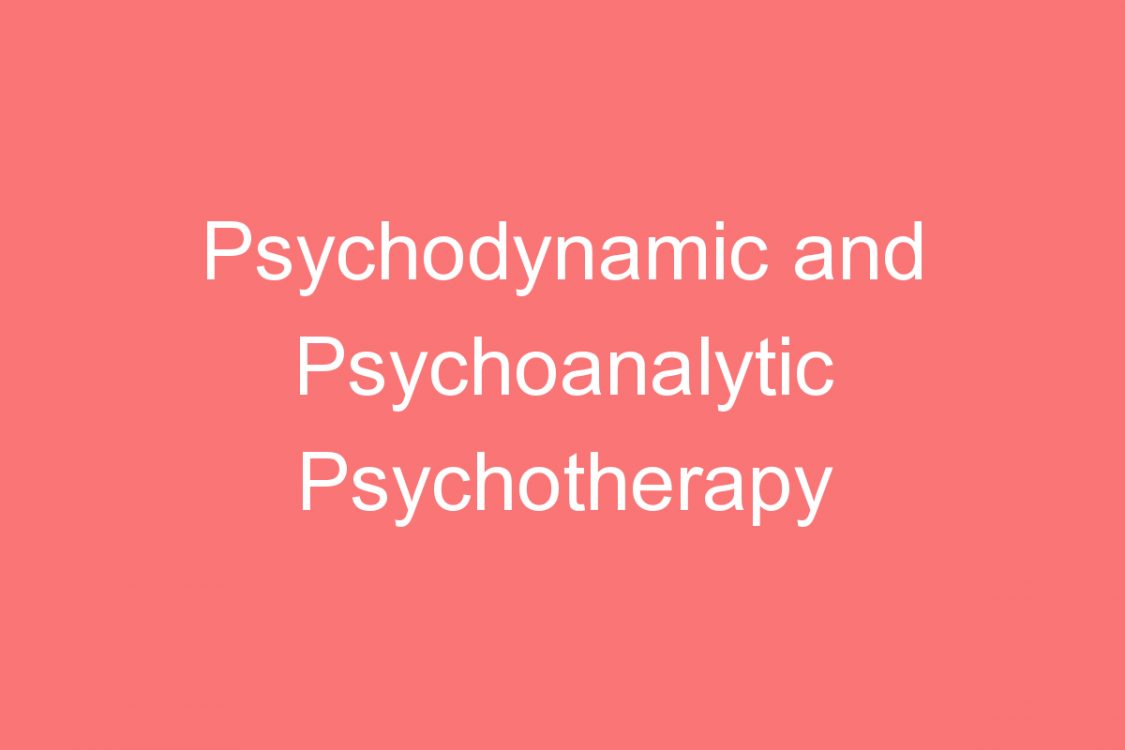Freud’s profound conflict between the person, his self (unconscious) and the society, gave a pessimistic edge to psychoanalysis. Also its roots being embedded in medicines, the concept of drives and instincts was central to this school. These very aspects that form the basis of psychoanalysis were also the reasons that made it inevitable for psycho dynamic school of thought to emerge. Many people, who worked with Freud, wanted to adapt a less intensive style of working. Jungian and Klinian approach adopted a ‘two person psychology’.
They were not completely determined by early childhood experiences but also gave importance to attachments and initial family experiences and collective unconscious. Instead of solely giving importance to strengthening the ego while bringing the unconscious material to consciousness psychologists like Adler (1927), Bowlby and Winnicot gave importance to birth order and object relations. Psycho dynamic and psychoanalysis shares the same basic assumption that painful memories are hidden in the unconscious mind.
However, psycho dynamic analysis takes the idea one step further by assuming the patient’s psychological problems are caused by an overuse of defence mechanisms. Psycho dynamic analysis typically has a specific aim and focuses on dealing with a particular problem instead of just blindly aiming in dark.
Read more: Psychology Theories, Techniques, Components and Experiments Of Past
Neo Freudians such as Erich Fromm, Karen Horney and Harry stack Sullivan adopted a more active style of functioning. It was the need of the hour that made brief psychodynamic therapy emerges. It allows the therapist to address specific present day concerns while maintaining a less neutral professional relationship to give efficient therapy in a limited time. Every psychotherapy needs to evolve with time, even purely psychoanalytically oriented therapist are inclined to provide brief- time limited psychotherapies so as to keep Freud’s heritage alive. Keeping the initial assumptions and principles intact, psychoanalysis has come a long way in the journey, branching out in to many fields, laying seeds for further growth and development.
Read more: Clinical Examples Concept of Transference and Resistance in Psychology
Author: Pragya Shah

